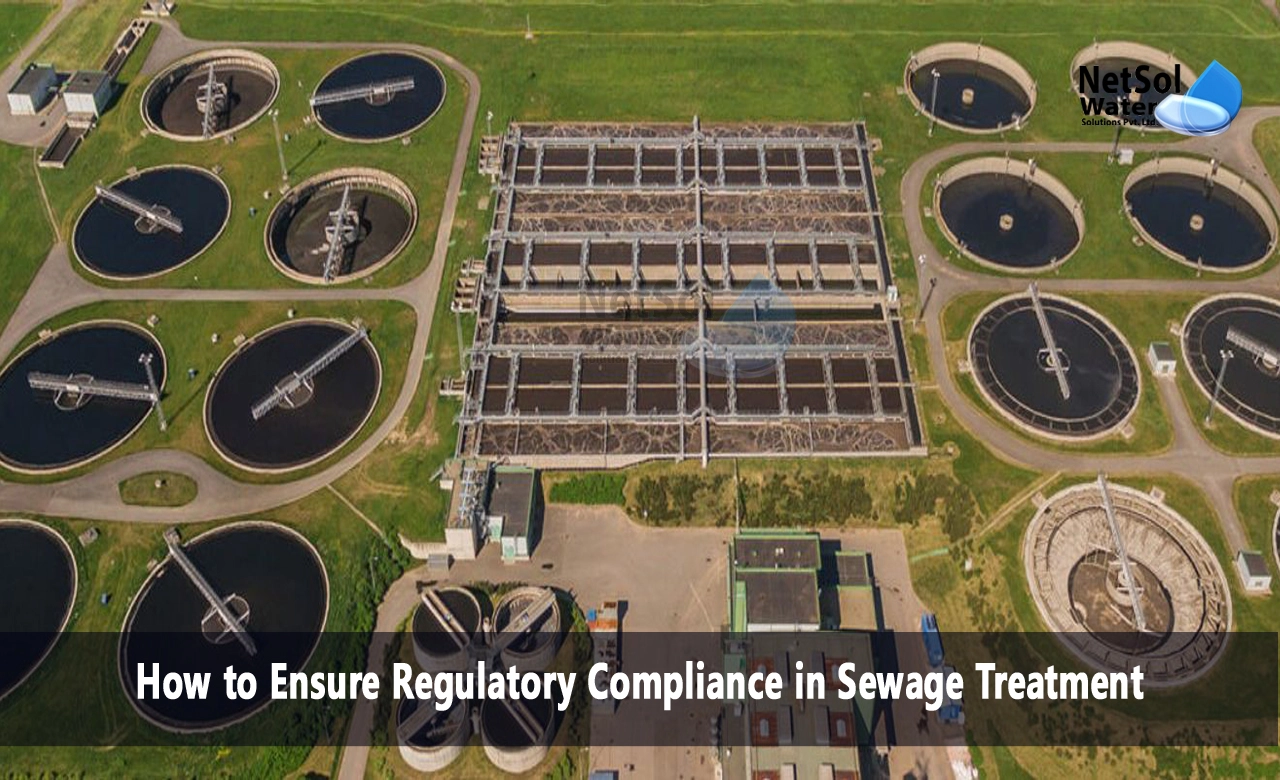How to Ensure Regulatory Compliance in Sewage Treatment?
Sewage treatment is a highly regulated utility required in all municipalities to protect public health and the environment. There are strict quality standards and compliance requirements related to sewage treatment and discharge set at the federal, state, and local levels. We will discuss the key regulations governing various aspects of sewage treatment and strategies utilities implement to maintain compliance. Understanding the regulatory framework is crucial for sewage treatment plant operators and municipalities.
1- Pre-Treatment and Collection Systems
Sewage collection systems that convey wastewater to treatment plants are governed by capacity and maintenance requirements. The Clean Water Act requires sewer systems to have the capacity to convey peak flows. Overflow events are strictly prohibited. EPA's Capacity, Management, Operation, and Maintenance (CMOM) program requires documented procedures for maintenance and overflow prevention. Industrial pretreatment programs under the Clean Water Act control discharges of toxic pollutants from industries into sewage systems. Permits limit allowable concentrations. Compliance is maintained through hydraulic modeling to optimize capacity, routine maintenance programs, and monitoring of flows and industrial discharges. Violations can lead to lawsuits and fines.



